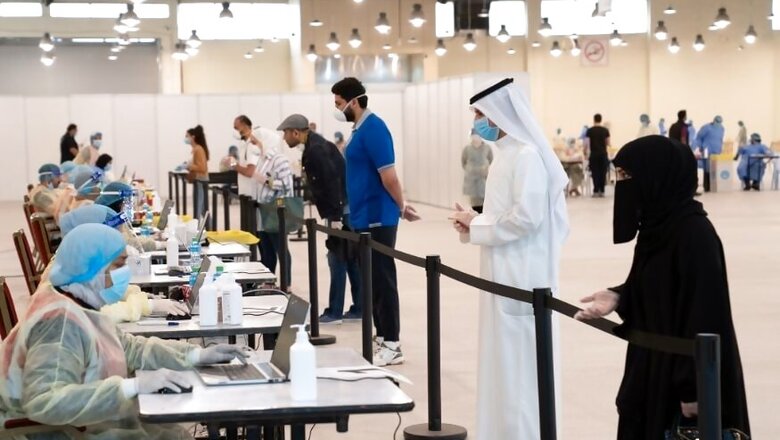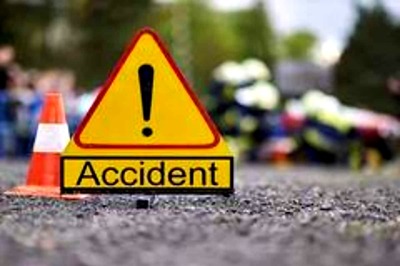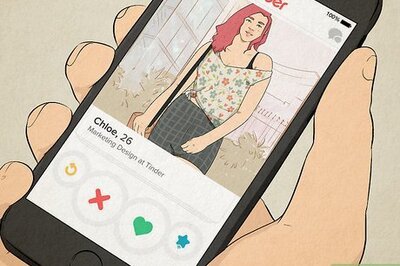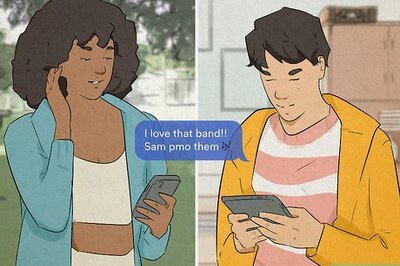
views
Maintaining a metre of physical distance reduces the risk of contracting Covid-19 by 82 per cent and every additional metre of separation more than doubles the level of protection both in hospitals and community settings.
These are the key findings in a metadata analysis based on 172 studies across 16 countries and six continents published by The Lancet on June 1.
The study underscores the importance of maintaining social distancing to flatten the curve of the spread of Covid-19 especially as countries start graded unlocking of economies.
The global pandemic, cases of which were first detected in the central Chinese city of Wuhan on December 31 last year, has so far infected more than six million people and claimed 376,000 lives.
Even as the political leadership continues to disagree on the effectiveness of wearing masks in controlling the transmission of the disease, the paper tries to establish how the choice of respirators and masks could be key in saving healthcare workers from contracting the novel coronavirus.
The study finds respirators and masks reduce the risk of transmission of disease by almost 85 per cent.
But prescribed respirators and N95 masks were clearly seen to be more effective in protecting doctors and nurses as against ordinary surgical masks. The reduction in risk among those wearing the former was 96 per cent as compared to 77 per cent on wearing ordinary or surgical masks.
The data study also draws attention towards the importance of eye protection for healthcare workers attending to patients shedding a highly contagious pathogen like novel coronavirus. Goggles and ocular protection can reduce the risk of contracting the virus by almost 72 per cent.
World Health Organisation (WHO) recommended personal protective equipment (PPE) for healthcare workers at the forefront of the fight against Covid-19 include gloves, goggles, face shields, aprons and special masks also referred to as respirators.
The WHO estimated that more than 35,000 healthcare workers had been infected by Covid-19 till the end of April. And close to 5,000 had lost their lives.
In India, the figure for the same period according to the ICMR stood close to 2,000.
The numbers have only risen in the last one month with the United States reporting more than 60,000 infections and 300 deaths among front line healthcare staff by the last weekend.
With migrants continuing to return to their homes amid graded lifting of the lockdown, secondary and tertiary healthcare workers are at an increased risk of being exposed to the virus.
Most vulnerable could be country’s 2.7 million anganwadi workers operating 1.3 million centres across the country. These workers are at the forefront of contact tracing and surveillance protocols being followed to identify and quarantine infected patients.



















Comments
0 comment